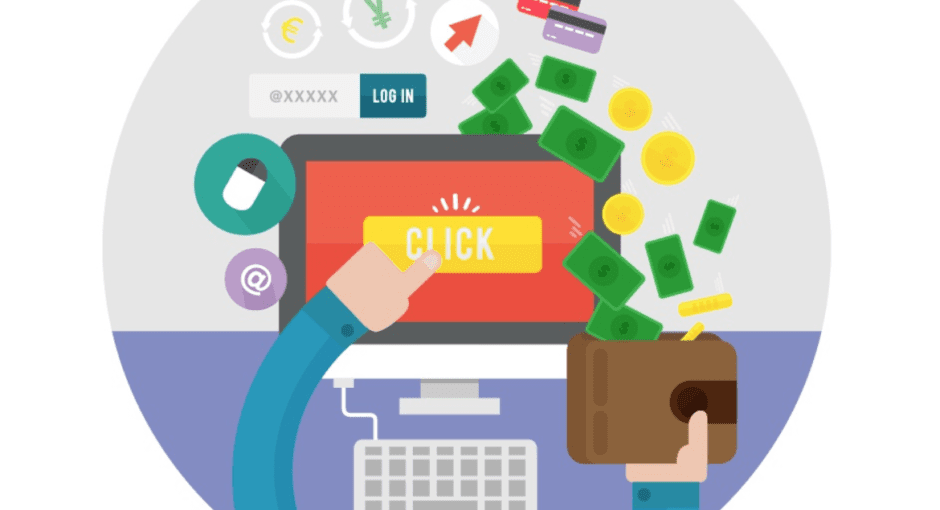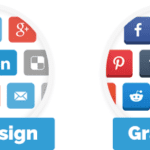How effective is paid search is such a provocative question that requires strong arguments in favor of and against to highlight such effectiveness. If there is one field in online marketing and specifically in search engine optimization (SEO) that remains to be confusing and inconclusive up to now that would be paid search marketing. Personally, paid search is indispensable despite the arguments against pay per click (PPC). Here’s why.
Before we discuss how and why paid search is effective, we should outline the reasons some digital marketers are against paid search.
- Organic search yields higher ROI compared to paid search.
- Without paid search, organic search results improve.
- Paid search doesn’t necessarily convert because users click the ads to find information.
Now, let’s move forward to the reasons some digital marketers embrace the idea of paid search
1) Paid Search (PPC) is highly targeted.
PPC ads are capable of targeting specific users based on their search behaviors. Thereby, these are the users who are already at the middle of the sales funnel and are ready to convert anytime. PPC thus allows and gives digital marketers an upper hand over where the ads should be displayed. Additionally, each ad can be modified, optimized and tested for its maximum effectiveness. The PPC ads can be tested to include various combinations of key phrases and ad texts to determine which will work best for the purpose of a specific campaign.
2) PPC is metric-driven.
PPC yields quantifiable metrics and data that drive ROI. The bidding process alone is backed by marketing intelligence presented in digestible formats such as graphs and charts. Such abundance of data informs the future marketing strategies and tactics. Data can be analyzed right after a campaign ends. One can also, for longer campaigns, analyze and optimize during the execution of the campaign. One good example would be to optimize spending in PPC ads, by increasing budget for best-performing ads and cut losses on poor performing ads.
3) PPC increases brand exposure.
PPC boosts brand awareness that small businesses and startups need. These businesses generally lack the ability to obtain organic traffic right after they enter the market. The goal is not about gaining click-through rate or ROI, but merely exposure through proper placements of the ads. Not to mention, PPC ads often provide new entrants with first page exposure particularly in Google. Google has a network of other websites that display the search engine’s sponsored ads. A good example of brand exposure techniques occurs when a company targets a competitors’ keyword (such as their name) just with the purpose of appearing in the search area when a user is looking for that competitor.
4) PPC provides immediate traffic.
For a digital marketer who knows his or her way around Google AdWords, PPC campaigns can be set up in 30 minutes or less. Upon activation, a website that has little to no exposure will be exposed to targeted users, gaining traffic in the process. When a marketer is tight on a goal and needs that extra boost on a particular KPI, a well defined PPC campaign can be the perfect answer for that problem.
5) PPC provides consistent traffic.
With an ongoing PPC campaign, you can expect consistent traffic on your website. Not only that, the amount of traffic can be also controlled since it is basically tied to the amount that the marketer is willing to spend per click. Like above mentioned, it’s a great tool to close goals for the company when another channel (or channels) is under performing.
6) PPC provides tracking capabilities.
PPC yields accurate ROI. Any digital marketer is able to track down each ad, each keyword, and each dollar spent. Marketers may even track down the results of the campaign based on each targeted location. This contributes to ultra optimization of digital marketing spending.
Evidently, the effectiveness of paid search should no longer be an issue because, when done right, it can be extremely effective. Paid search even works well for all types of businesses. Nonetheless, there is still a need to proceed with diligence since the platforms are better manipulated by the experts unless you know each nook and cranny of Google AdWords, for example. Bottom-line, if you have the budget to combine paid search with organic search, then by all means, do it!
About Author : Jeric is digital marketing enthusiast and SEO specialist. Currently working at Optimind, a digital marketing agency that provide SEO and online marketing services.
Interested in knowing more about Dark Social & Analytics?
[su_button url="https://getsocial.io" target="_blank" style="flat" background="#21D2B5" color="#ffffff" size="7" wide="no" center="yes" radius="auto" icon="" icon_color="#FFFFFF" text_shadow="none" desc="" onclick="" rel="" title="" id="" class=""]SIGN UP FOR FREE[/su_button]





